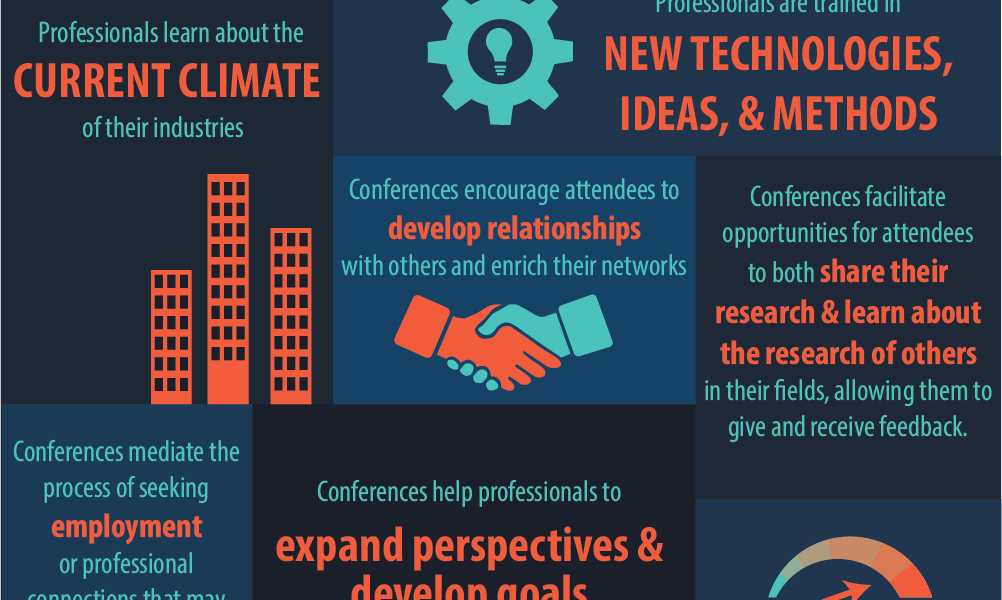In the realm of academia, conferences play a pivotal role in fostering scholarly growth, collaboration, and the dissemination of knowledge. They provide a unique platform for researchers, educators, and students to engage with their peers, share findings, and stay abreast of the latest developments in their field. This 1000-word article delves into the multifaceted importance of academic conferences for professional development, networking, and the advancement of knowledge.
Introduction
Contents
- 1 Introduction
- 2 The Role of Conferences in Academic Development
- 3 Enhancing Research and Scholarship
- 4 Networking and Building Professional Relationships
- 5 The Role of Conferences in Teaching and Learning
- 6 Challenges and Opportunities
- 7 Case Studies: Impact of Conferences on Academic Careers
- 8 Maximizing the Benefits of Conference Participation
- 9 The Future of Academic Conferences
- 10 Conclusion
- 11 Author
Academic conferences are more than just annual gatherings; they are vital incubators for ideas and learning. These events offer academics a fertile ground for presenting research, receiving feedback, networking with peers, and gaining new perspectives in their areas of expertise.
The Role of Conferences in Academic Development
Knowledge Exchange
Conferences are a hub for knowledge exchange, where academics can present their research and learn about cutting-edge developments in their field. This exchange is crucial for staying current with the latest theories, methodologies, and practices.
Opportunities for Collaboration
Conferences facilitate collaborations by bringing together a diverse group of scholars. They provide a platform for forming research partnerships, developing collaborative projects, and discussing potential funding opportunities.
Professional Development
Attending conferences contributes significantly to professional development. Academics gain experience in presenting their work, engaging in scholarly debates, and refining their communication skills.
Enhancing Research and Scholarship
Exposure to Diverse Perspectives
Conferences expose academics to a wide range of perspectives and approaches. This diversity enriches their understanding and can inspire innovative approaches to research.
Feedback and Peer Review
Presenting at conferences allows academics to receive valuable feedback from peers, which can improve the quality of their research and publications.
Staying Ahead of Trends
By attending conferences, academics can stay informed about emerging trends and shifts in their field, ensuring their research remains relevant and impactful.
Networking and Building Professional Relationships
Establishing Connections
Conferences offer unparalleled opportunities for networking. Academics can connect with fellow researchers, potential mentors, and leaders in their field.
Career Advancement
Networking at conferences can lead to career advancement opportunities such as job offers, invitations to collaborate, and membership in professional societies.
Building a Scholarly Community
Regular participation in conferences helps in building a sense of community among scholars, fostering a supportive and collaborative academic environment.
The Role of Conferences in Teaching and Learning
Enhancing Teaching
Exposure to new research and methodologies at conferences can enhance an academic’s teaching approach, integrating fresh insights and knowledge into their curriculum.
Student Participation
Conferences provide students, especially graduate students, with an opportunity to experience the broader academic community, present their work, and develop professional skills.
Lifelong Learning
For seasoned academics, conferences serve as a platform for continuous learning and professional growth, essential in the ever-evolving landscape of academia.
Challenges and Opportunities
Overcoming Geographical Barriers
Conferences help break down geographical barriers, allowing academics from different regions and countries to come together and share their work.
Access and Inclusivity
While conferences offer numerous benefits, issues of access and inclusivity remain a challenge. Travel costs, visa issues, and language barriers can limit participation for some academics.
The Rise of Virtual Conferences
The advent of virtual conferences, accelerated by the COVID-19 pandemic, has expanded access, allowing a broader range of participants to engage without the constraints of travel.
Case Studies: Impact of Conferences on Academic Careers
Career Breakthroughs
Numerous academics have experienced breakthroughs in their careers as a result of connections made and ideas sparked at conferences.
Collaborative Research Projects
Many successful research projects and publications have originated from discussions and partnerships formed at academic conferences.
Maximizing the Benefits of Conference Participation
Strategic Attendance
To maximize benefits, academics should be strategic in choosing which conferences to attend, considering factors like relevance to their research, networking opportunities, and professional development.
Active Participation
Active participation, including presenting papers, joining discussions, and networking, is key to leveraging the full benefits of conferences.
Post-Conference Engagement
The value of a conference extends beyond the event itself. Follow-up actions, such as maintaining connections and applying new knowledge, are crucial for sustained academic growth.
The Future of Academic Conferences
Hybrid Models
The future of academic conferences may see a blend of in-person and virtual formats, offering both the richness of face-to-face interaction and the accessibility of online participation.
Sustainability
As awareness of environmental impact grows, the academic community is increasingly focusing on making conferences more sustainable.
Conclusion
Academic conferences are invaluable to the growth and development of scholars and researchers. They serve as a crucible for the exchange of ideas, fostering collaboration, innovation, and the advancement of knowledge. In an increasingly interconnected world, the importance of these gatherings in shaping academic careers and contributing to the collective wisdom of the scholarly community cannot be overstated. As academia continues to evolve, so too will the nature of these conferences, adapting to meet the changing needs and challenges of danatoto


















